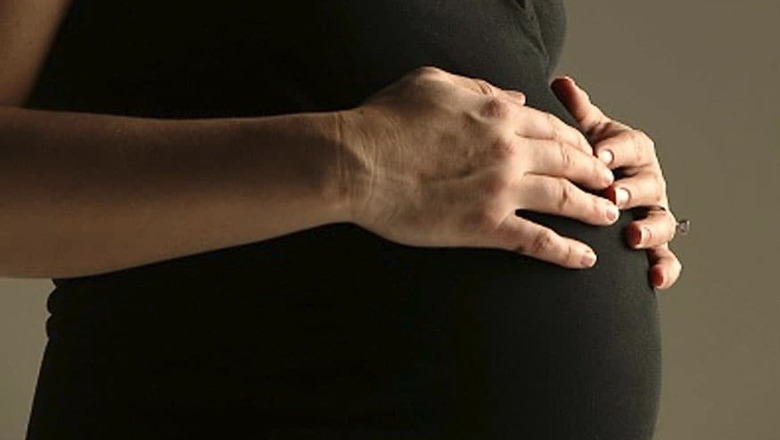
views
Researchers have developed an improved mobile phone app that can determine the risk of pre-term birth, identifying women who need special treatments at the right time and reduce emotional and financial burden on families.
The user-friendly mobile phone app called "QUiPP v2" will allow doctors to quickly calculate a woman's individual risk of preterm birth, also helping them to reassure women when their risk is low.
When babies are born early, before 37 weeks of pregnancy, they are more likely to die, or have physical, developmental and emotional problems.
This can result in a huge emotional and financial burden for families and substantial cost for health care services.
The team from the Department of Women & Children's Health, King's College London, supported by Guy's and St Thomas' Charity, the National Institute for Health Research and Tommy's created this user-friendly mobile phone application.
"We are delighted to be able to share the findings of our work which shows that the QUiPP app is very reliable in predicting pre-term birth in women at risk," said lead author Dr Jenny Carter from King's College London.
"This should mean that women who need treatments are offered them appropriately, and also that doctors and women can be reassured when these treatments are not needed, which reduces the possibility of negative effects and unnecessary costs," Carter added.
Some women are known to be more likely to have their babies early, and some have symptoms of labour too early in pregnancy.
If identified, these women can be given extra monitoring and/or special treatments that aim to prevent early delivery and ensure the infants have the best chance of surviving without long-term problems.
QUiPP v2 calculates the risk based on a woman's individual risk factors, such as previous preterm birth, late miscarriage or symptoms, along with clinical test results that help to predict preterm birth.
The app then produces a simple individual per cent risk score.
In two papers, published in Ultrasound in Obstetrics and Gynecology, the authors show how they developed and tested the complicated algorithms incorporated in the app which calculate the simple per cent risk.
"The joy a newborn brings can be cruelly contrasted alongside the fear when a baby is born too soon. Being able to identify mothers at risk of a pre-term birth as early as possible can help clinicians to intervene sooner, improve safety and ultimately save lives," explained UK Patient Safety Minister Nadine Dorries.
Follow @News18Lifestyle for more


















Comments
0 comment